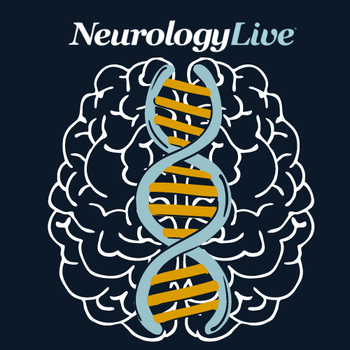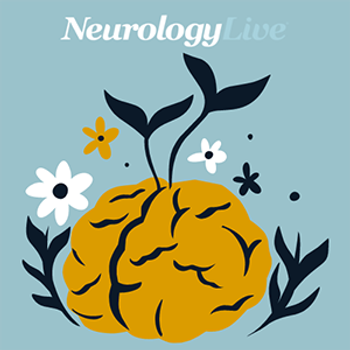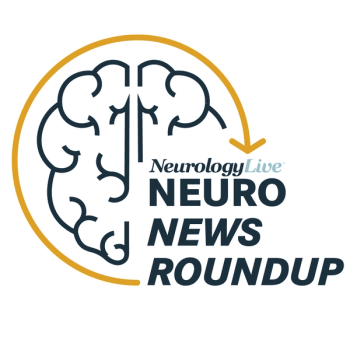
According to recent studies and the latest insights provided by experts, early developments in gene and cell therapies show promise for patients living with Parkinson disease, but challenges remain.

Isabella Ciccone, Content Associate, NeurologyLive®, has been with the team since September 2022. Follow her on X @iciccone7 or email her at [email protected]

According to recent studies and the latest insights provided by experts, early developments in gene and cell therapies show promise for patients living with Parkinson disease, but challenges remain.

Researchers presented an innovative multi-task learning paradigm that leveraged deep learning, night sleep EEG data, sleep stage labels, and covariates to simultaneously predict cognitive performance in an older patient cohort.

A recent study showed that patients with obstructive sleep apnea experience significant negative impacts on their physical, social, and emotional functioning.

A recent study showed that obstructive sleep apnea may impact the long-term disruption of the glymphatic system function and the development of neurodegenerative diseases.

In a clinical cohort study, approximately 89% of patients with obstructive sleep apnea classified as “Probably-normal” or “Likely-normal" in assessment of sleep biomarker-based neurodegenerative disorder risk.

The FDA approval of the increased maximum daily dose for amifampridine offers clinicians and patients greater flexibility in treatment regimens for the management of Lambert-Eaton myasthenic syndrome.

A recent study demonstrated no significant difference in sleep efficiency between pediatric patients with epilepsy who used self-help strategies for sleep aids and those who did not.

A recent study presented at SLEEP 2024 showed that depression in patients with isolated REM sleep behavior disorder significantly increased the risk of conversion to neurodegenerative diseases.

A recent survey reported a high prevalence of burnout among physicians treating patients with multiple sclerosis, highlighting long work hours as one of the key factors.

In a new analysis of the CHIMES trial, ocrelizumab displayed a trend toward improved work productivity among minority patients with relapsing multiple sclerosis.

The associate professor of neurology at Harvard Medical School talked about results from a recent study that evaluated the efficacy of inebilizumab versus rituximab in treating NMOSD.

The FDA granted fast track designation to TPN-101, an investigational therapy for progressive supranuclear palsy, based on promising phase 2a study results.

As part of our monthly clinician spotlight, NeurologyLive® highlighted neuromuscular disorder expert Merit Cudkowicz, MD, MSc, chair of neurology at Massachusetts General Hospital.

Adrienne Viscio, a 63-year-old patient diagnosed with primary progressive aphasia from CaringKind, talked about how she finds solace, engagement, and cognitive benefits through gardening.

The phase 3 REACH trial investigating Fulcrum Therapeutics’ losmapimod in patients with facioscapulohumeral muscular dystrophy remains on track with topline data anticipated in the fourth quarter of 2024.

Larimar Therapeutics anticipates interim data from the open label extension study assessing nomlabofusp in patients with Friedreich Ataxia in the fourth quarter of 2024.

Frederic Schaper, MD, PhD, an instructor in neurology at Brigham and Women's Hospital, discussed the complex interplay between brain lesions and takotsubo syndrome, a heart condition caused by physical and emotional triggers.

In honor of Chronic Demyelinating Polyneuropathy Awareness Month, held May 2024, get caught up on some of the latest news in CIDP, with data updates and expert insights all in one place from the NeurologyLive® team.

Susan W. Broner, MD, the medical director of the Weill Cornell Medicine Headache Program, talked about the essentials of diagnosing and treating various headache disorders from a general neurology perspective.

Avidity Biosciences anticipates to provide new cohort data from the phase 1/2 EXPLORE44 trial assessing AOC 1044 in Duchenne muscular dystrophy mutations amenable to exon 44 skipping in the second half of 2024.

A panel of experts provided a new update on practice guidelines for prescribing antiseizure medications to patients with epilepsy who may have a pregnancy.

Solid Biosciences is expecting to provide initial safety data on SGT-003 from the first couple of pediatric patients with Duchenne muscular dystrophy enrolled in the phase 1/2 INSPIRE Duchenne trial in mid-2024.

The director of the MedStar Georgetown Headache Center talked about results from an analysis on the DELIVER study assessing response rates of eptinezumab in patients with migraine over an 18-month period.

A recent network analysis of clinical trials demonstrated that ravulizumab exhibited greater efficacy in preventing relapse in patients with NMOSD compared with other treatments.

Results show that chronic inflammatory demyelinating polyradiculoneuropathy was associated with neuromyelitis optica spectrum disorder and may be treated through a combination approach, although the mechanisms of it are still not understood.

Alkermes embarks on the phase 2 Vibrance-1 trial to evaluate the safety and efficacy of ALKS 2680 against placebo as a once-daily treatment for narcolepsy type 1.

In a recent study assessing basal ganglia activity during REM sleep, results revealed that elevated beta power may be correlated with the severity of REM sleep behavior disorder in Parkinson disease.

A recent study recognized anti-DAGLA autoantibodies in the cerebrospinal fluid of a small group of patients, suggesting that it could be a potential biomarker for diagnosing cerebellar ataxia.

Avidity Biosciences is anticipated to initiate its phase 3 HARBOR trial assessing AOC 1001 as a treatment for patients with myotonic dystrophy type 1 in the second quarter of 2024.

Catch up on any of the neurology news headlines you may have missed over the course of April 2024, compiled all into one place by the NeurologyLive® team.